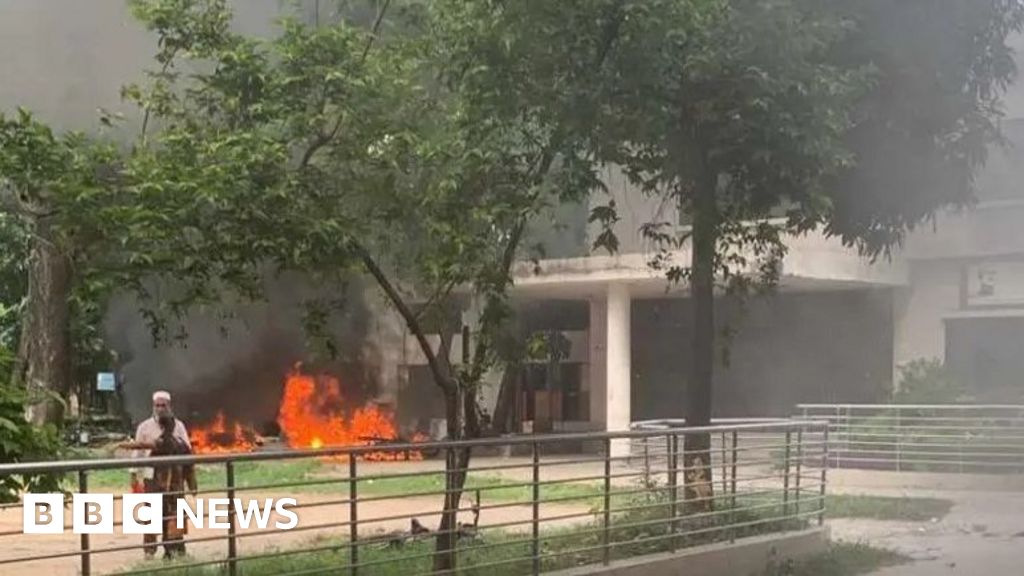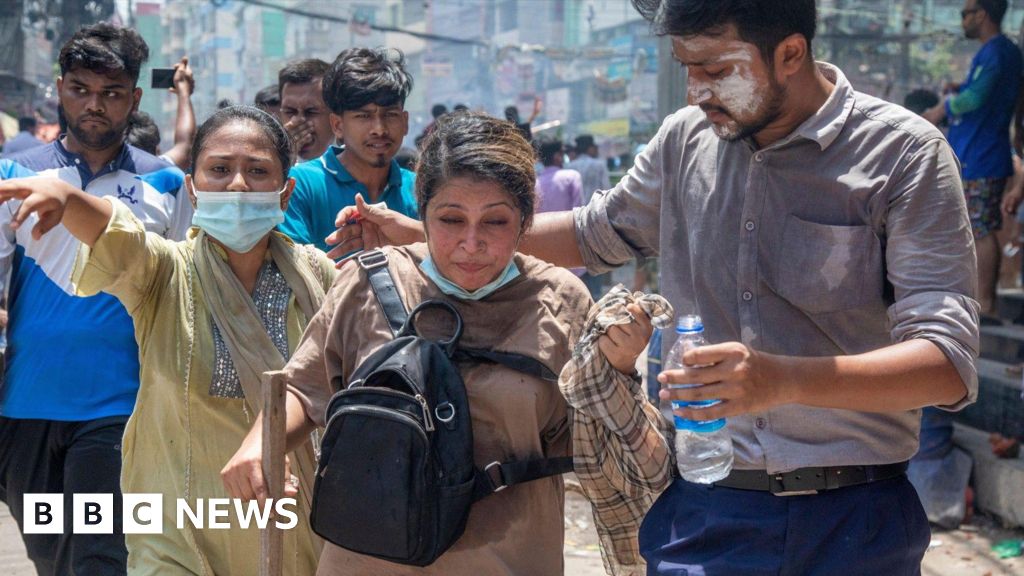
Bangladesh Protests: A Comprehensive Overview
Over the past few days, Bangladesh has been gripped by violent protests led primarily by university students. The demonstrations began as a call for reforms to the country's quota system, which reserves a significant number of public sector jobs for specific groups such as children of freedom fighters who participated in Bangladesh's liberation movement in 1971. However, the protests have since escalated into larger expressions of discontent with Prime Minister Sheikh Hasina's autocratic rule.
On Thursday, July 19, 2024, the situation reached a boiling point when students clashed with riot police and set fire to Bangladesh Television (BTV)'s headquarters in Dhaka. The violence left at least 35 people dead and hundreds injured.
The protests have been ongoing since Sunday, July 15, when thousands of students took to the streets of Dhaka demanding merit-based recruitment. The movement gained momentum as more universities joined the cause, leading to clashes with police and pro-government groups.
The government's response has been heavy-handed. Authorities have ordered schools and universities to close indefinitely, imposed a near-total communications shutdown, and deployed riot police to quell the protests. The internet and mobile phone services have been disrupted, making it difficult for people to access information or communicate with each other.
Despite these efforts, students have continued their protests. They are demanding an end to the quota system and calling for Prime Minister Hasina to step down due to her autocratic rule. The opposition Bangladesh National Party has also joined the movement, with its acting chairman Tarique Rahman urging people to support the students.
The violence has not been confined to Dhaka alone. Reports of clashes and protests have come in from at least 26 districts across Bangladesh.
The situation remains tense, with no clear resolution in sight. The government has shown no signs of backing down from its stance on the quota system, while students are determined to continue their protests until their demands are met.
As the situation unfolds, it is important to remember that all facts presented here have been derived from multiple sources with varying perspectives. It is crucial to remain informed and stay updated on this developing story.








